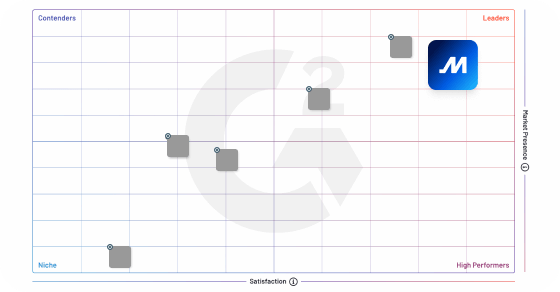A wellsite geologist or mudlogging geologist, is a professional who works directly at oil and gas sites to provide geological expertise and analysis during drilling operations. They play a critical role in understanding the geological formations encountered while drilling and provide crucial information to support decision-making during well exploration and development.
The primary responsibilities of a wellsite geologist include:
– Formation evaluation. Wellsite geologists evaluate the geological formations encountered during drilling. They analyze drill cuttings, rock samples, and other geological data to determine the lithology (rock types), stratigraphy (layering), and potential hydrocarbon-bearing zones.
– Real-time data analysis. Wellsite geologists monitor and analyze real-time data from drilling operations, such as drilling rate, wellbore stability, and drilling parameters. They interpret this data to identify potential drilling hazards, formation characteristics, and changes in the subsurface geology.
– Logging and sampling. Wellsite geologists supervise the collection and logging of rock cuttings and samples from the drilling process. They ensure proper labeling, documentation, and preservation of samples for further analysis and laboratory testing.
– Geosteering. Geosteering is the process of using geological information to guide the drilling direction to optimize hydrocarbon recovery. Wellsite geologists provide guidance to drilling engineers and rig personnel on adjusting the well trajectory based on geological formations encountered.
– Reporting and communication. Wellsite geologists prepare detailed reports summarizing their geological observations, wellbore conditions, and recommendations. They communicate their findings to drilling engineers, geoscientists, and other stakeholders involved in the well operations.
Wellsite geologists work closely with drilling crews, engineers, and other professionals involved in oil and gas exploration and production. They contribute to the overall understanding of the subsurface geology, assist in well planning, and help identify potential hydrocarbon reservoirs.
Their expertise and analyses aid in making informed decisions regarding well placement, drilling techniques, and potential reservoir targets. By providing real-time geological information, wellsite geologists contribute to the successful and efficient drilling of oil and gas wells, optimizing production and minimizing risks in the exploration and development of hydrocarbon resources.
Frequently Asked Questions
What is a wellsite geologist?
A wellsite geologist is a geologist who works directly at the drilling site of an oil or gas well. Their role is to provide geological expertise and analysis during drilling operations. They collect and interpret geological data, such as rock samples and well logs, to determine the presence and characteristics of oil or gas reservoirs. Wellsite geologists play a crucial role in identifying potential hydrocarbon resources and providing valuable insights for drilling and production decisions.
What is the difference between a mudlogger and a wellsite geologist?
A mudlogger and a wellsite geologist are both professionals involved in the field of oil and gas exploration. However, their roles differ in terms of their primary responsibilities. A mudlogger focuses on monitoring drilling parameters, collecting and analyzing mud samples, and identifying signs of hydrocarbons. On the other hand, a wellsite geologist specializes in studying rock formations, analyzing core samples, and providing geological interpretations to aid in the exploration and production of oil and gas.



